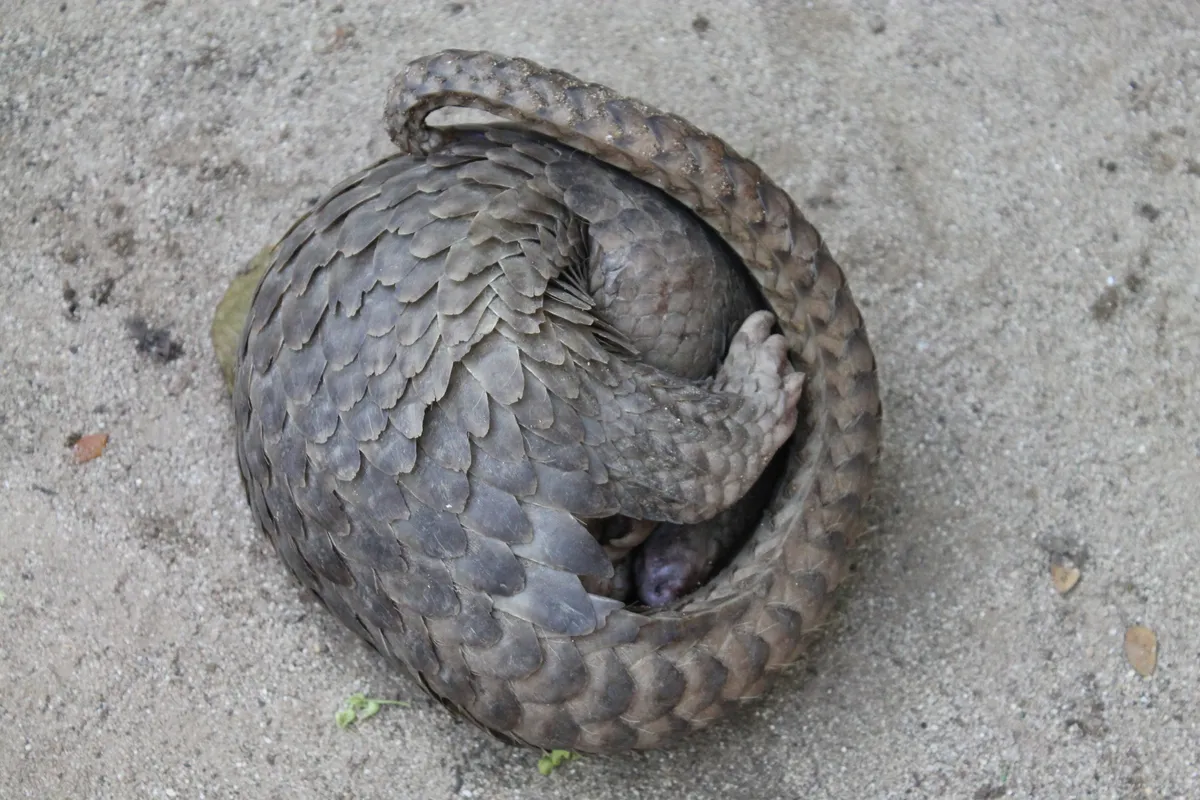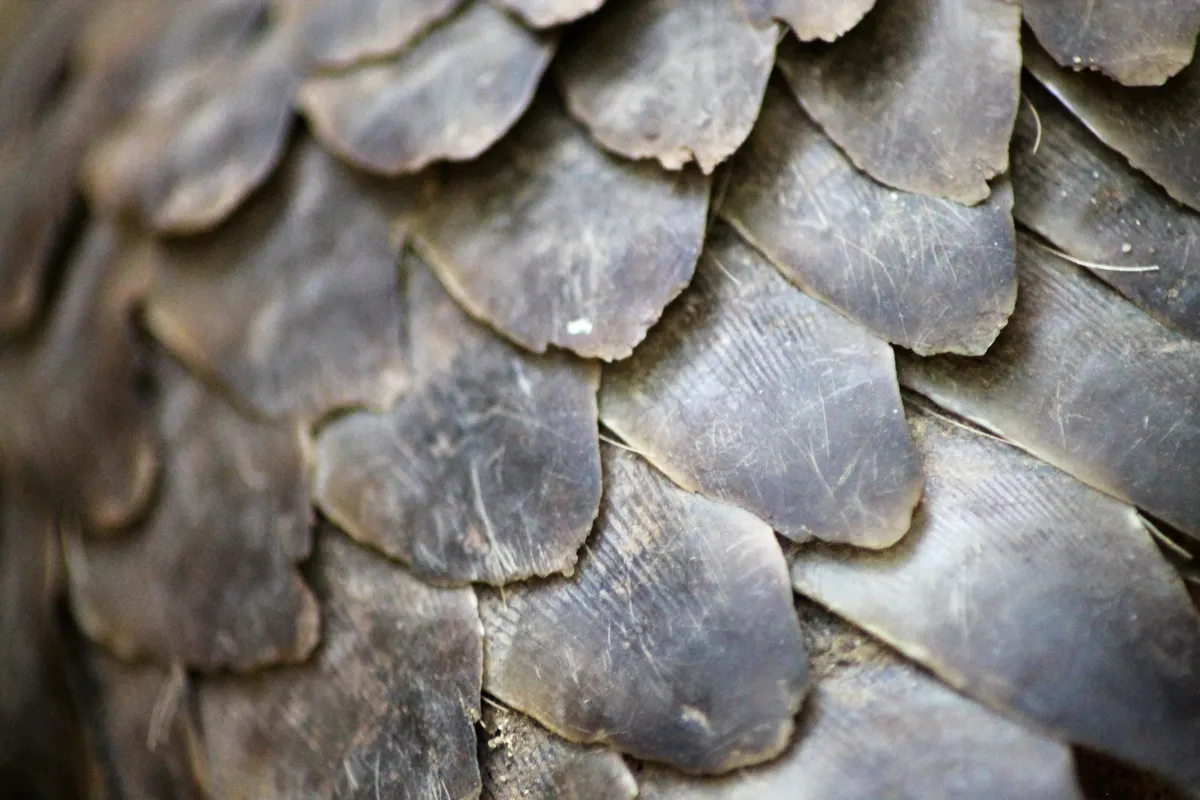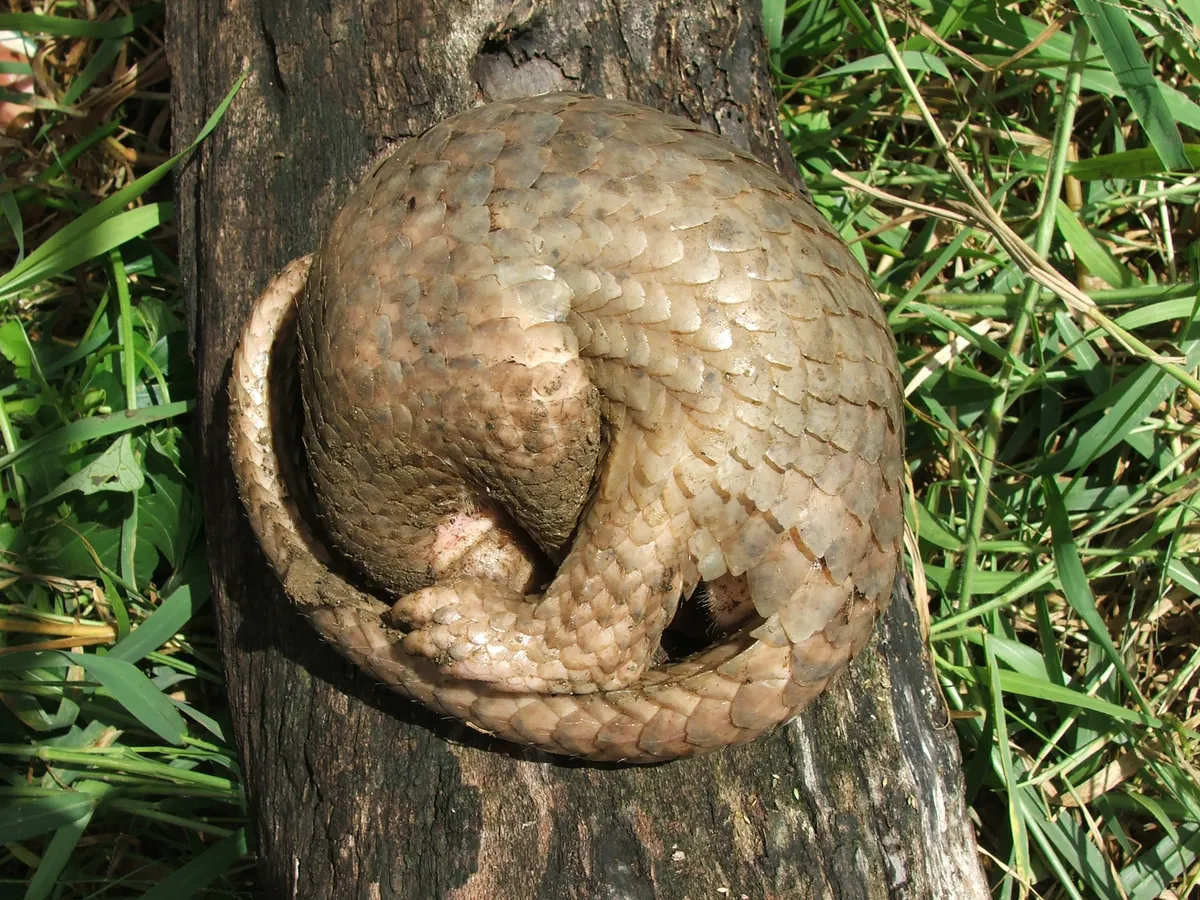Key stakeholders have come together to create the first conservation strategy for the Philippine pangolin, Manis culionensis, a species which is threatened with extinction.
The Zoological Society of London (ZSL), IUCN Pangolin Specialist Group, indigenous peoples, Katala Foundation Inc. and the Palawan Council for Sustainable Development, have set out a number of key objectives for the project, such as using local ecological knowledge surveys to identify key pangolin conservation areas, and reducing pangolin trafficking.
“We know at least 1,000 Philippine pangolins have been illegally traded since 2000, despite international trade bans,” says Godofredo Villapando, ZSL Philippines country manager.
“These extraordinary animals represent 80 million years of evolutionary history, yet we know very little about them. We hope this project will help us to understand more about the distribution, abundance and lifecycle of the species, alongside information that will help to reverse their decline.”

The Philippine pangolin is found in the Palawan faunal region, an area which has many endemic species, including the pangolin, the Palawan bearded pig and the Philippine mouse-deer.
Like many pangolin species, they are captured and traded for the use of their scales in traditional Chinese medicine and as a luxury food item.
Prices have increased recently for live animals, leading to an increase in the Philippine pangolin being caught and traded.

“Based on recent seizures, we know that the Philippine pangolin is hunted and traded in the region,” says Lucy Archer, pangolin researcher at ZSL.
“However, we currently have little knowledge on the intricacies of this trade and the threat it places upon the species. This project will aim to address this by providing new data on the anthropogenic threats the Philippine pangolin faces, in order to help prioritise and plan conservation action.”

You can find out more about pangolins in our Discover Wildlife feature below:
Photo © Nigel Dennis/Getty
